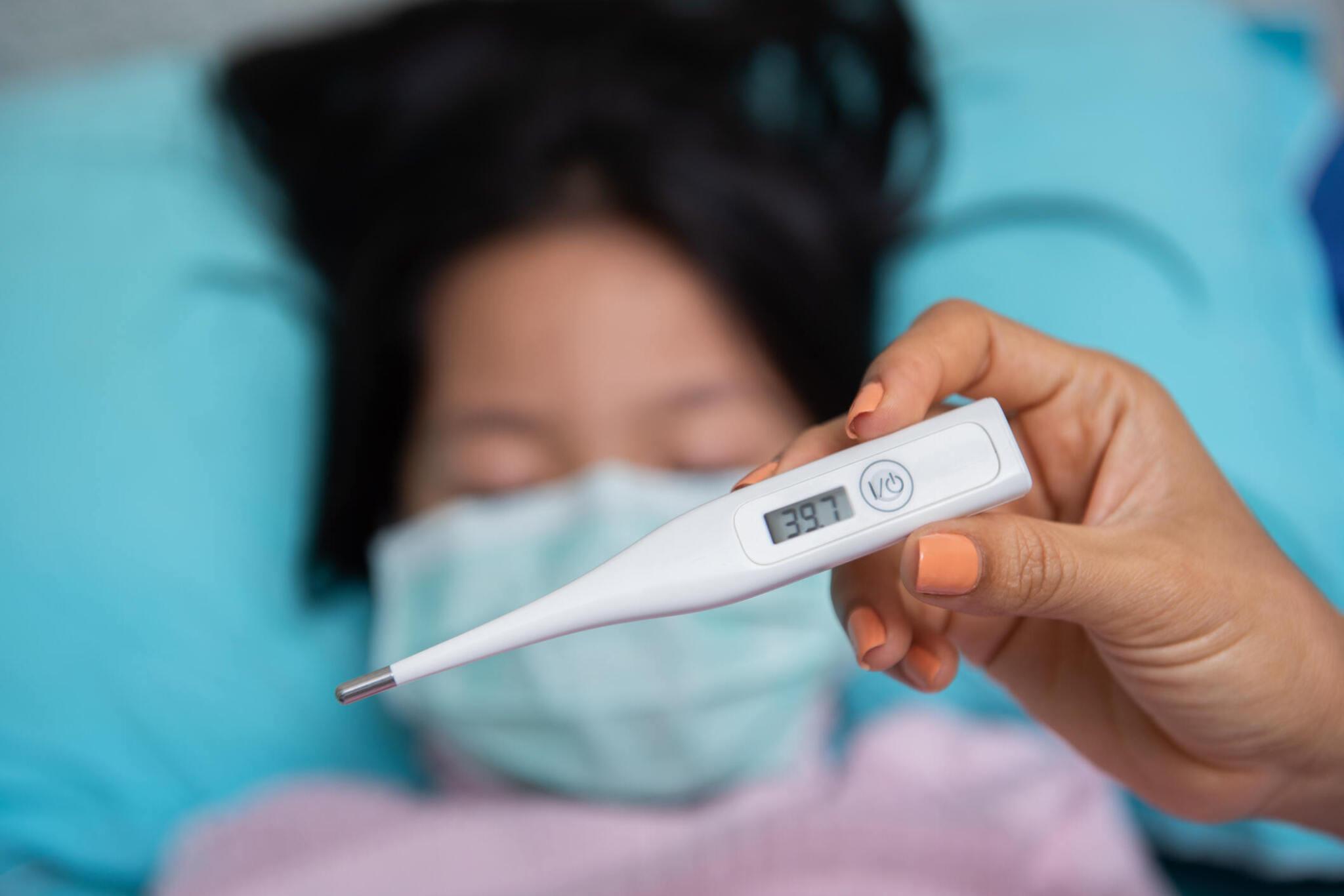
Pneumonia, a potentially serious lung infection, can strike anyone, anywhere, including the residents of Danbury, CT. Recognizing the early signs of pneumonia and seeking prompt medical attention can significantly improve your recovery. We’ll delve into the six early signs of pneumonia and discuss when it’s crucial to seek urgent care in Danbury, CT. Your health is our priority, and being informed can save lives.
So, what are the first warning signs of pneumonia? A persistent cough is often one of the earliest and most recognizable signs of pneumonia. It can be unsettling, especially when unsure if it’s just a common cough or a symptom of something more serious like pneumonia. In this section, we’ll dive deep into the nature of a persistent cough, how to differentiate it from a regular cough, and why you should never ignore it, especially when considering urgent care in Danbury, CT.
It’s crucial to differentiate between a regular cough and one associated with pneumonia, as this can help you decide whether urgent care in Danbury, CT, is necessary. Here are some key distinctions:
Ignoring a persistent cough, especially in a region like Danbury, CT, where pneumonia can be prevalent, can have severe consequences. Here’s why you should see urgent care for pneumonia when you experience these signs:
A persistent cough should never be brushed aside. Recognizing its distinct characteristics, differentiating it from a regular cough, and understanding the potential consequences of ignoring it can prompt you to seek urgent care in Danbury, CT when needed.

Another one of the early signs of pneumonia is a high fever, and understanding this symptom is crucial for recognizing the presence of pneumonia and knowing when to seek urgent care in Danbury, CT.
Experiencing a high fever, especially in a region like Danbury, CT, where pneumonia cases can occur, should prompt you to take specific actions:
A high fever can be an early sign of pneumonia, and in regions like Danbury, CT, where pneumonia cases occur, it should not be taken lightly. Monitoring your body temperature, seeking urgent care in Danbury, CT. when necessary, and following recommended actions can aid in timely diagnosis and treatment, contributing to a smoother recovery from pneumonia.

One of the early symptoms of pneumonia is experiencing difficulty breathing. In this section, we will delve into the nature of breathing difficulties associated with pneumonia, what causes them, how to distinguish between normal exertion and shortness of breath, and considerations for responding to breathing issues in Danbury’s climate, including the importance of seeking urgent care in Danbury, CT.
Breathing difficulties in pneumonia are characterized by the sensation of not getting enough air or struggling to breathe comfortably. It can manifest in various ways:
Breathing difficulties in pneumonia result from the infection affecting the air sacs in the lungs. Several factors contribute to this symptom. Visit an urgent care in Danbury, CT. for these symptoms:

Chest pain is a significant symptom associated with pneumonia, and understanding it is crucial for recognizing the presence of this respiratory infection. In this section, we will explore the types of chest pain linked to pneumonia, the connection between chest pain and lung infection, and the importance of considering urgent care in Danbury, CT, when necessary.
Chest pain in pneumonia can manifest in different forms, and recognizing these variations can provide valuable insights into the nature and potential severity of the infection:
The presence of chest pain in pneumonia is closely linked to the infection’s impact on the respiratory system. If you experience these, contact an urgent care in Danbury, CT.:
Chest pain is a significant symptom associated with pneumonia in Danbury, CT, and it should never be ignored. Recognizing the types of chest pain linked to pneumonia and prioritizing prompt medical attention, including considering urgent care in Danbury, CT, when necessary, are essential steps in managing this respiratory infection effectively.
Fatigue and weakness are common and often debilitating symptoms associated with pneumonia. In this section, we will explore the profound fatigue experienced by individuals with pneumonia, how weakness accompanies other pneumonia symptoms, and strategies for recognizing when urgent care in Danbury, CT, is needed.
Weakness is closely intertwined with other pneumonia symptoms and can exacerbate the overall experience. Visit an urgent care in Danbury, CT. to get these signs checked:
If you are concerned about the severity of your symptoms or their progression, including weakness and fatigue, it’s essential to seek timely medical attention, including considering urgent care in Danbury, CT, when necessary, to ensure your health and well-being are prioritized during your recovery.

Confusion and altered mental state are one of the warning signs of pneumonia. In this section, we will explore cognitive symptoms in pneumonia, the causes of confusion and altered mental state, and the importance of recognizing these signs in yourself or loved ones, including seeking urgent care in Danbury, CT, when necessary.
Confusion and altered mental state in pneumonia are typically linked to a combination of factors. Seek urgent care in Danbury, CT, for any of these signs:
Seeking urgent care in Danbury, CT, when necessary is crucial for addressing the underlying causes and ensuring that cognitive function is restored. Your health and well-being, as well as that of your loved ones, should always be a priority during pneumonia recovery.
When facing pneumonia or caring for a loved one with the infection, vigilance and timely action are crucial. DOCS Urgent Care – Danbury is a reputable and reliable option for prompt and efficient urgent care in Danbury, CT. Take the first step towards recovery and peace of mind. Contact us today and prioritize your health and the health of your loved ones.


During this surge in COVID-19 cases, our primary focus is meeting the high demand for tests, and we are seeing higher than usual wait times. This means we are unable to answer most phone calls. Please know that our teams are working very hard during this time to care for as many patients as safely as possible. Please click the button below for answers to common questions. We appreciate your understanding.